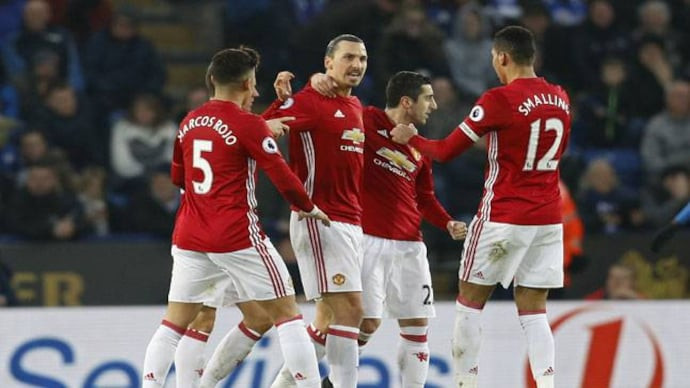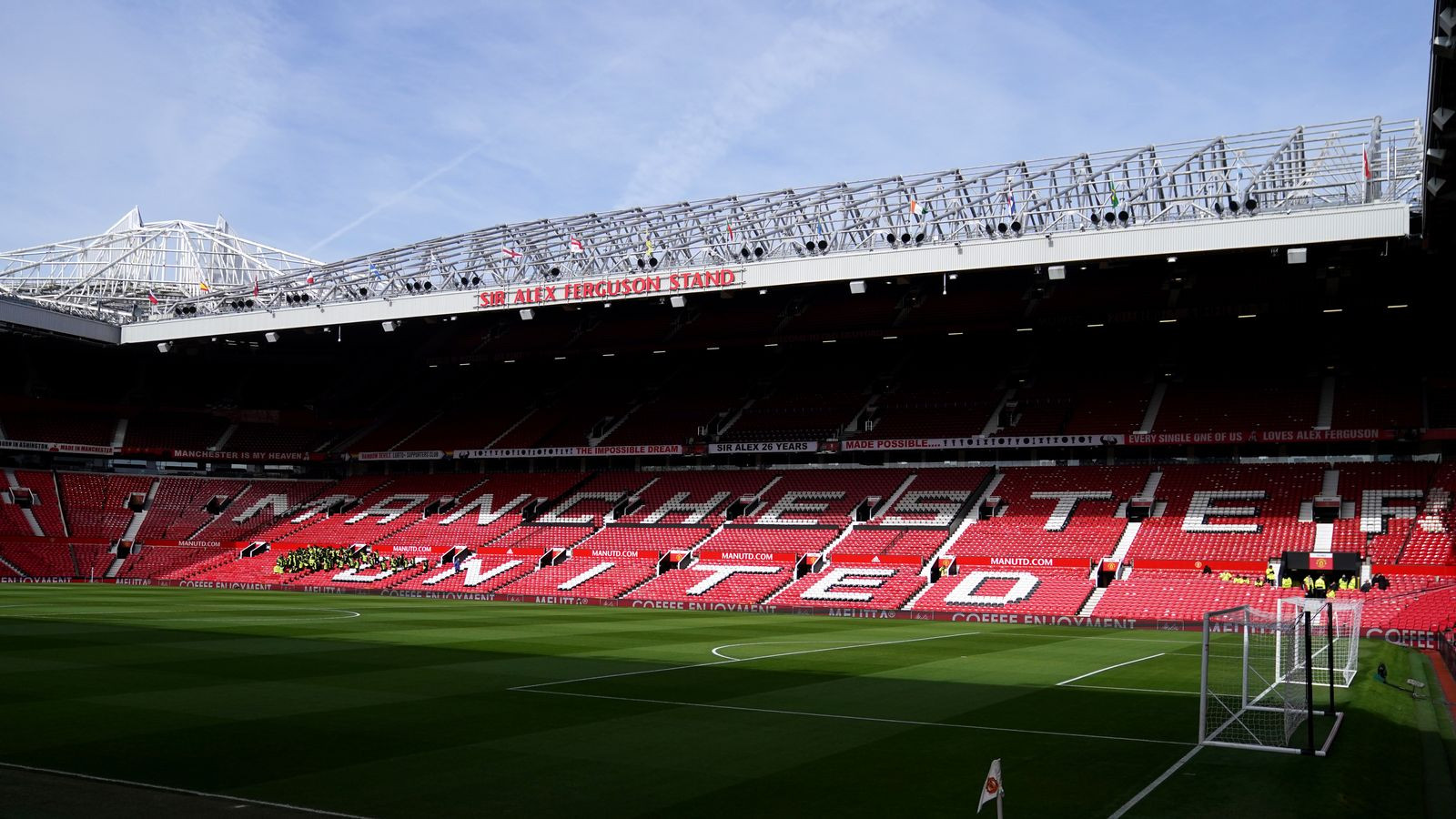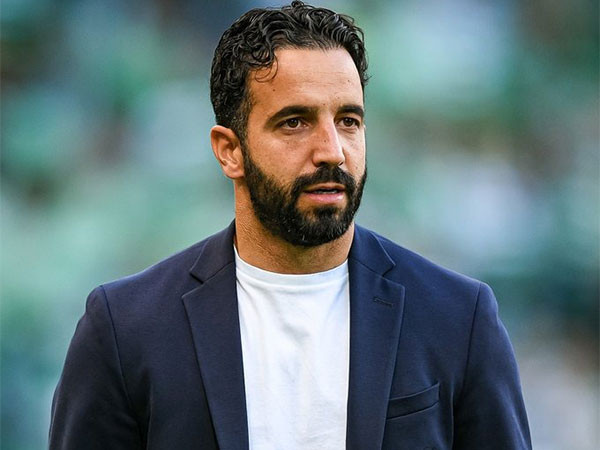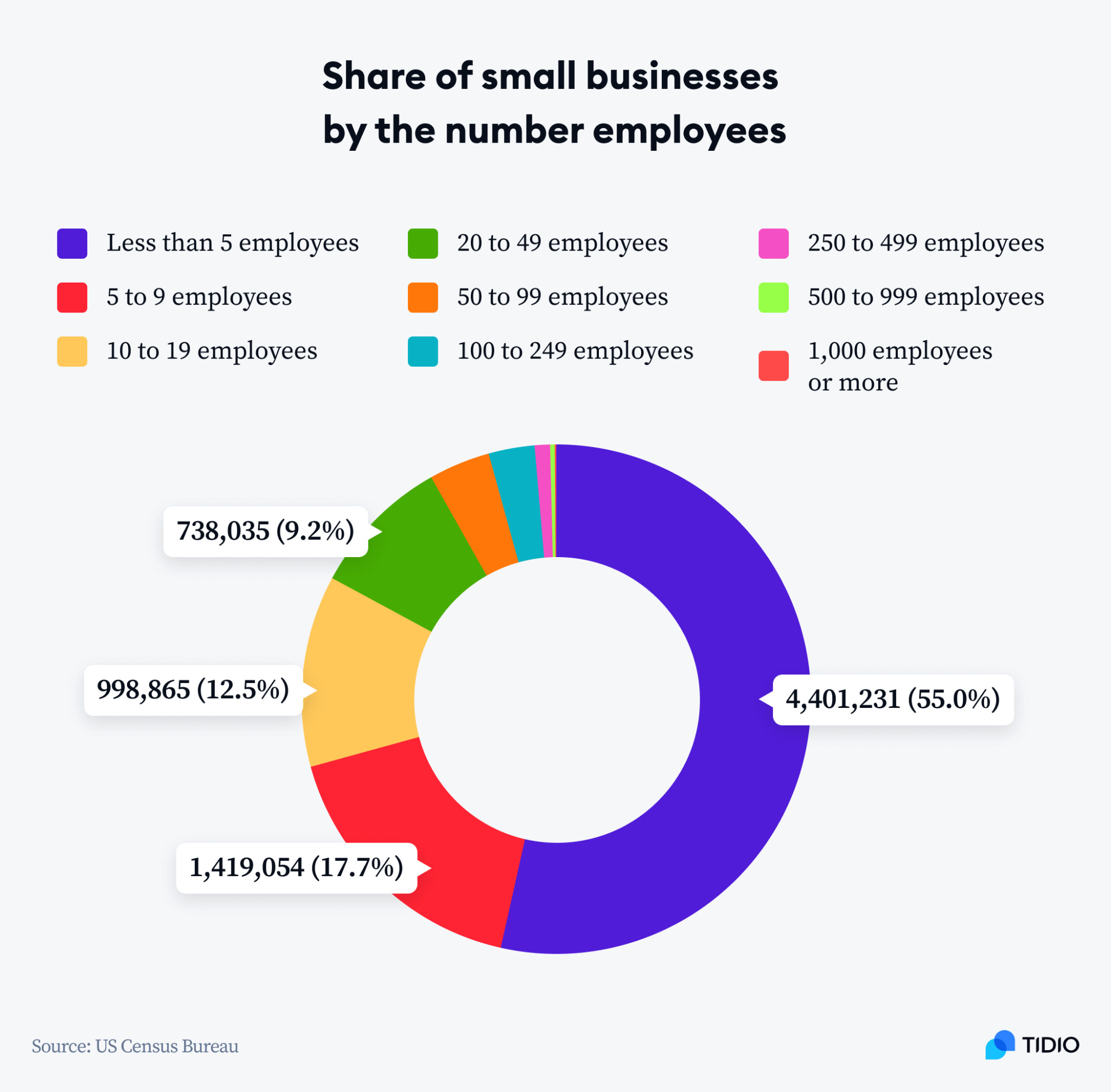Manchester United's Financial Rollercoaster: Record Revenue, But Still Losing Money
Manchester United's full-year financial results did not make for especially pretty reading. Despite recording the biggest revenues in the club’s history, their 2023-24 accounts revealed another season in the red.
United’s £113.2m ($148m) loss was their fifth in as many years, over a period where substantial spending in the transfer market has not been reflected in consistent results on the pitch. In a climate of increased scrutiny on clubs’ spending and stricter enforcement of financial regulations, that is far from ideal, but there was a note of optimism in the release.
Examining the Numbers: PSR Compliance Under Scrutiny
Before that, maybe the best indication we had of United’s confidence in compliance with the Premier League’s spending rules was just how quiet things were at Old Trafford leading up to June 30, the date that typically marks the end of English football’s financial year. You may remember how in the run-up to that deadline, several top-flight clubs were frantically swapping players with each other in a bunch of mutually beneficial deals that would help them in their attempts to adhere to the profit and sustainability rules (PSR).
United did not play any part in those charades, only completing their first major sale of the summer several weeks later when Mason Greenwood joined Marseille for an initial €27.6m (£23.3m; $30.4m). Fellow academy graduate Scott McTominay’s €30.5m move to Napoli followed later, in the final hours of the window.
As the fees for both Greenwood and McTominay represent ‘pure profit’ in PSR terms, you might have expected to see their departures prioritised before June 30 if United desperately needed to balance the books. Instead, both sales only went through long after that deadline had passed.
Of all United’s summer sales, only Alvaro Fernandez’s €6m exit to Benfica was completed before the end of June, which was testament to their belief they will be PSR compliant. But then none of United’s five major summer signings were pushed through before the end of June either. Joshua Zirkzee’s €42.5m move from Bologna was the first, completed on July 14.
January was quiet, too, with Erik ten Hag citing spending rules as the reason United could not add reinforcements up front and the focus being on securing loans for the likes of Jadon Sancho and Donny van de Beek to help lessen the wage bill. And when United’s numbers are laid out in black and white, you can see why some at Old Trafford have felt PSR would be tight — not so tight that the club’s confidence in compliance can or should be dismissed, but tight enough that the figures warrant being put under the microscope as best as possible.
Although United have now published figures for each of the last three seasons in full, this is still not enough information to make any definitive assessments of the club’s PSR position. It is, however, the clearest picture we will get in the public domain, at least before the Premier League assesses each club’s books in the new year.
Deciphering the PSR Calculation
The starting point for PSR calculations is a club’s profit or loss before tax over three years and Wednesday’s results revealed United made a £130.7m pre-tax loss last season. Combine that with losses in the previous two campaigns and their total pre-tax loss over three years stands at £312.9m. That is a long way above the upper limit of £105m of losses allowed under PSR.
Fortunately, deductions can be made for spending in areas considered for the greater benefit of the club and the game, such as women’s football, community work and youth development. Specific figures for United’s spending in those areas are not outlined in the accounts but, over three years, will represent a substantial total. United’s academy, for example, is one of the biggest in the Premier League and has been one of the departments most affected by recent cost-cutting measures.
Other more technical deductions can also be applied for the depreciation of tangible fixed assets — like a stadium or a training ground — and amortisation costs not related to players’ contracts. Significantly in United’s case, the Premier League has also allowed clubs to deduct costs related to the impact of the Covid-19 pandemic. For this PSR cycle, only Covid-related costs from the 2021-22 season — the first of the three years under review — can be considered.
United believe the pandemic negatively affected their revenues to the tune of £39.7m that year, first reporting that estimate in their 2021-22 accounts at Companies House. Given that season was played in front of crowds, after the worst effects of the pandemic on football had passed, that figure is surprisingly high. It is worth noting, however, that United’s Covid-related costs were independently audited and will already have been assessed by the Premier League as part of previous PSR cycles.
Scrutinizing the Exceptional Costs and UEFA's Impact
Then there is the £47.8m incurred in exceptional costs last season, which were largely a result of the strategic review and Sir Jim Ratcliffe’s purchase of a 27.7 per cent minority stake. There is speculation that at least some of those costs could either be deducted or excluded from United’s PSR calculation. United declined to comment on the treatment of the transaction-related costs. Sources at the Premier League, speaking anonymously to protect relationships, have suggested that clubs are not able to put forward new costs to deduct that fall outside of those outlined in the rules.
As United noted in their accounts, they do not only have to satisfy the Premier League’s spending rules. UEFA’s financial regulations also apply and were updated last year, although the new rules have been rolled out gradually. There is still a traditional break-even test to pass with UEFA, similar to the Premier League’s PSR. United fell foul of UEFA’s test during the four-year period ending in 2021-22 and were fined €300,000 for committing a “minor break-even deficit”.
This season will be the first time United and other clubs competing in European competition have been assessed since. UEFA will look at each club’s 2022-23 and 2023-24 accounts, with a smaller maximum loss limit of €60m. Clubs with healthy finances could be granted an additional €20m in headroom this season.
UEFA also introduced an additional squad cost rule last year, limiting clubs’ spending on player and head coach wages, transfers and agent fees. This season, the limit is set at 80 per cent of a club’s revenues and profits from player sales. From next season onwards, the limit will be 70 per cent.
Navigating New Financial Rules and a Bright Future?
Most Premier League clubs do not specify how much they spend on players’ wages separately from other football and non-football staff. The exact level of spending on agents fees is not publicly disclosed either, at least not until the Football Association publishes the figures, usually later in the following season.
The squad cost rule is also calculated on a calendar year basis, rather than season-by-season, and so does not match up with typical accounting periods. As United report results on a quarterly basis, rough estimates are possible but require a number of assumptions.
In any case, United’s revenues remain strong — at a record £661.8m last season — and have traditionally meant that the club has one of the lowest squad cost-to-revenue ratios in European football.
The Premier League is trialling its own version of UEFA’s squad cost rules alongside PSR this season, before they are fully implemented from the 2025-26 campaign onwards as a replacement for PSR. The Premier League is also testing top-to-bottom anchoring rules (TBA) this season. These rules, which are non-binding at present, limit the amount clubs can spend on their squads to a multiple of the amount the bottom-placed team receives in centralised media and sponsorship income. United voted against TBA at a league shareholders’ meeting in April, alongside Aston Villa and Manchester City.
For now, though, the Premier League’s existing PSR rules are the ones United have to satisfy.
The Future of Financial Sustainability
The full-year accounts show that Old Trafford officials were walking a PSR tightrope last season. The points deductions served to Everton and Nottingham Forest demonstrated that the Premier League has teeth and is ready to punish breaches of this nature. But again, United insist that they are compliant and their actions over the summer were those of a club confident they would not be in breach. And once the Premier League have looked over the books, we will finally know whether that confidence was well-placed.
Despite the financial hurdles, Manchester United remain a force to be reckoned with in the world of football. Their commitment to on-pitch success is evident, and their financial challenges are being addressed with a strategic approach. While navigating the intricate world of financial regulations, Manchester United continues to strive for a bright future, both on and off the pitch. Only time will tell whether their ambitious plans will lead to sustained success and a return to the pinnacle of European football.


















